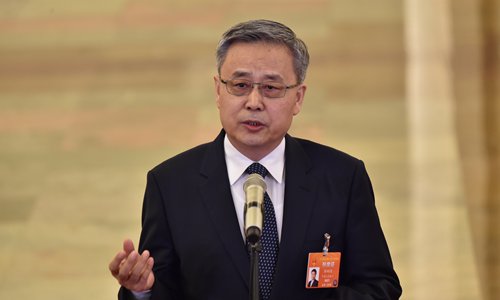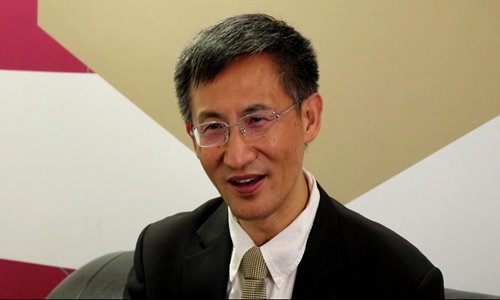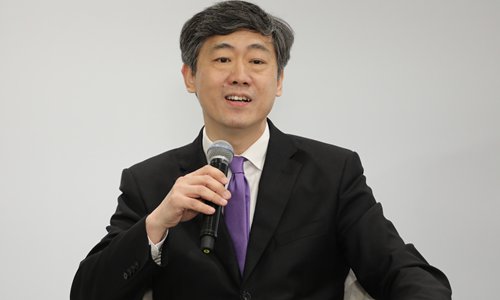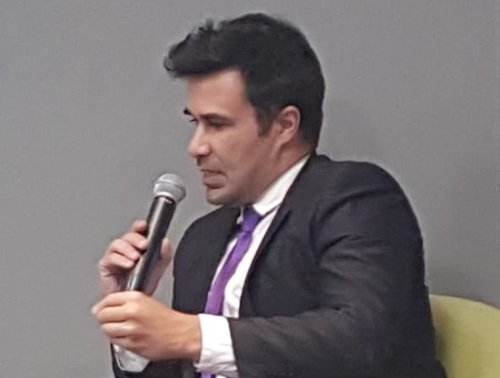During the Tsinghua PBCSF Global Finance Forum, Chinese officials and scholars shared their views on China's financial system and China-US relations. Here are some of their highlights.

Guo Shuqing, Chairman of the China Banking and Insurance Regulatory Commission
Over the past decade, devaluations of the yuan have all occurred due to external factors. They were by no means deliberately planned. The latest deprecation occurred in May, with the offshore yuan weakening against the US dollar by as much as 3 percent, which was completely the outcome of the escalation of trade conflicts by the US weighing on market sentiment.
Fluctuations in the yuan's exchange rate in the short term are normal, but judging over the long term, the fundamentals of China's economy determine the yuan won't continue to depreciate. China remains the largest engine powering world economic growth, and it has stellar growth potential. Along with an improvement in economic development quality, the yuan's exchange rate in the market will be continuously nearing the nation's purchasing power parity. Those betting on the yuan's fall will surely suffer huge losses.

Ju Jiandong, Unigroup Chair Professor of Tsinghua PBCSF
There are two fundamental forces in China-US relations.First, there are fundamental conflicting interests between China and the US. The US has been the dominating power and the economic power in the world for more than 100 years. China is not to challenge US dominance. As long as China grows naturally, it will challenge the dominance of the US in the world economy. So basically, as long as the US does not want to give up its way of thinking of dominating the world economy, there will be fundamental conflicting interests in their relations.
Second, since the 1990s, the global value chains have intertwined China and the US. The US and China share the common interests of the global village. That makes China and the US natural partners of each other. That is another fundamental force - cooperation.
These two fundamental forces will coexist for a long time.
So it depends on which force will lead their relations. We will see that for quite a long time, China-US relations will be characterized by cooperation and conflict.

Li Daokui, Former advisor to China's central bank
China needs to reform its IPO mechanism. Chinese policymakers could pilot the A-B dual-share system to attract more quality Chinese firms that are listed abroad to return to the bourses in the Chinese mainland.Meanwhile, regulators need to monitor closely for capital market violations and punish them severely. If the quality of the Chinese stock market improves, low-quality firms will be removed, and more high-quality companies will return. With clear and clean transactions, China's financial market will be the world's largest, and there will be a significant improvement in the quality and stability of the financial market.

China and Brazil could cooperate more in the energy sector, such as petroleum, natural gas, shale gas, solar and wind energy as well as nuclear energy. The two countries could benefit a lot from this partnership by sharing technology and resources. It's a win-win cooperation.
Specifically, in the nuclear energy industry, Brazil currently has two nuclear power plants, and China could help Brazil build more because China has much more experience and its technology combines that of France and the UK... China's opening-up and financial supply-side reform will also attract more investors.
